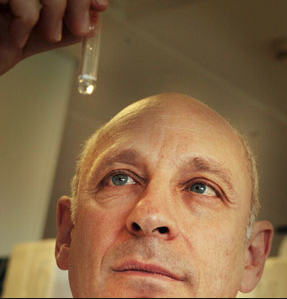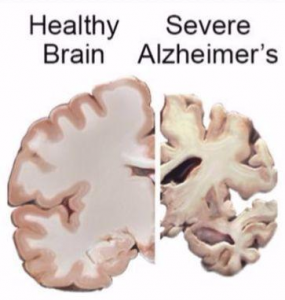
Alzheimer’s drug trial get £4.5m funding


Alzheimer’s drug trial for 100 patients in London this month, a potential new treatment, gets £4.5m from the Government’s National Institute for Health Research to run the three-year trial, hoping the drug called miridesap will succeed where several have failed.
Miridesap is being tested for the first time in Alzheimer’s patients, after 40 years if research by primary developer, Mark Pepys, a professor of medicine at the University College, London, whose serum Amyloid protein (SAP) play a critical role in the poorly understood disease. SAP occurs at low levels in healthy blood but high concentration in the brains of Alzheimer’s patients.
He believes SAP may be harmful by contributing to the formation of the amyloid fibres characteristic of Alzheimer’s and directly poisoning neuron ( brain cells).
The mission to find a cure for 50m Alzheimer’s sufferers around the world has suffered a series of setbacks in recent years as the pharmaceuticals industry invested billions of pounds into trails and treatments with disappointing results.
Back in January 2018, Pfizer announced that they are pulling out of neuroscience research after spending millions without any success. Eli Lilly’s most advanced Alzheimer’s drug failed a large trial in 2016.
Sir Mark’s scientific research started in 1974, and his study of Amyloidosis an incurable condition distinct from Alzheimer’s in which amyloid accumulates in tissues outside the brain and eventually destroys critical organs like heart and kidney. It took him 10 years to discover that Sap contributed to the build-up of amyloid.
Sir Mark’ slab found that a chemical called CPHPC could remove SAP from blood but a clinical trial showed it was not powerful enough to remove existing amyloid deposits then the team supercharges CPHPC by linking it to an antibody targeting amyloid creating miridesap.
GSK is providing technical and logistical support commercial rights belong to UCL and Pentraxin therapeutics.
